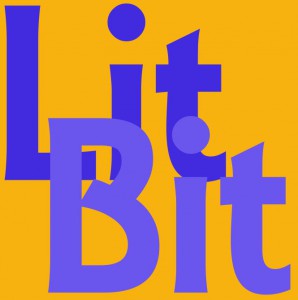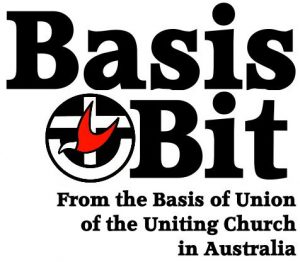LitBit Commentary – Justin Martyr on Worship

LitBit: And on the day named after the sun all, whether they live in the city or the countryside, are gathered together in unity. Then the records of the apostles or the writing of the prophets are read for as long as there is time. When the reader has concluded, the presider in a discourse admonishes and invites us into the pattern of these good things. Then we all stand together and offer prayer. …when we have concluded the prayer, bread is set out to eat with wine and water…
Justin Martyr, describing 2nd century worship
(from Gordon Lathrop, The Pastor, p.46)


